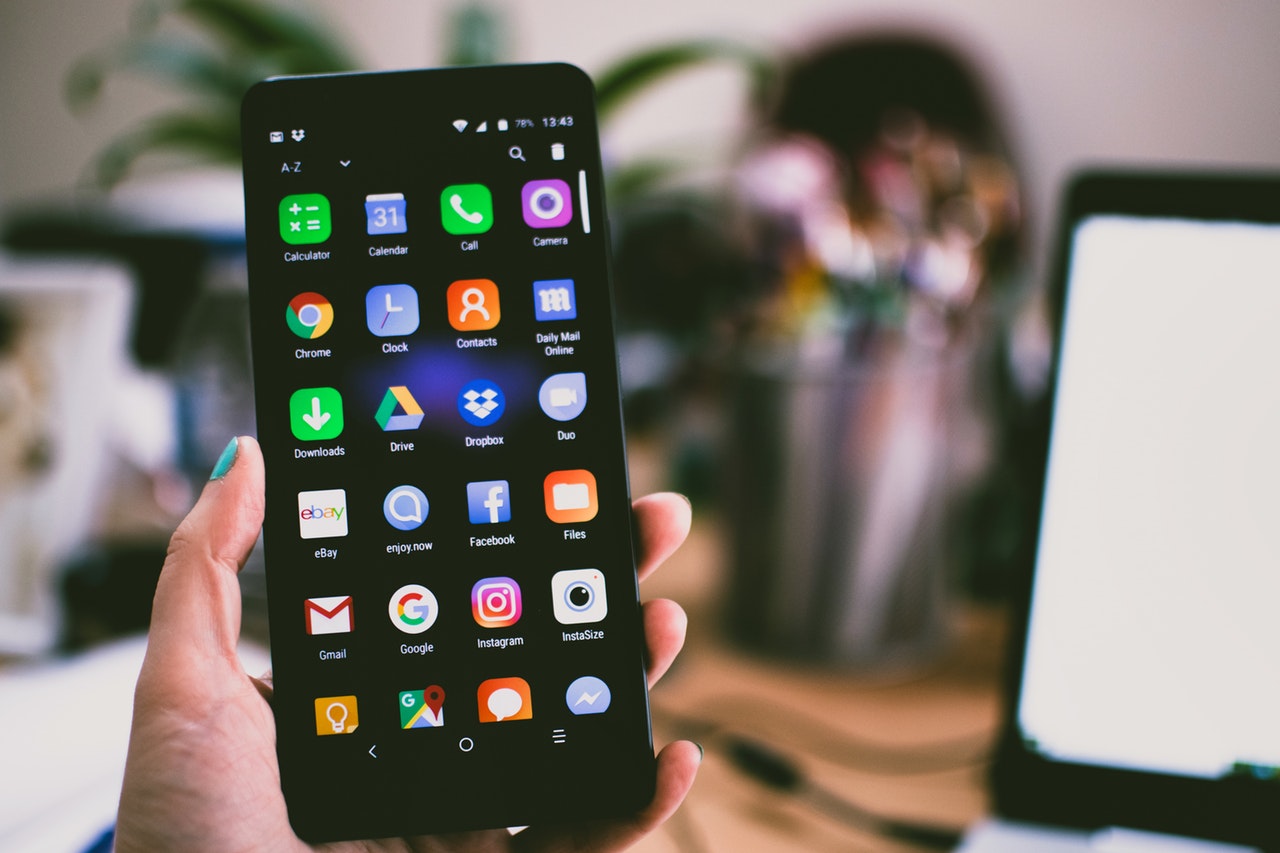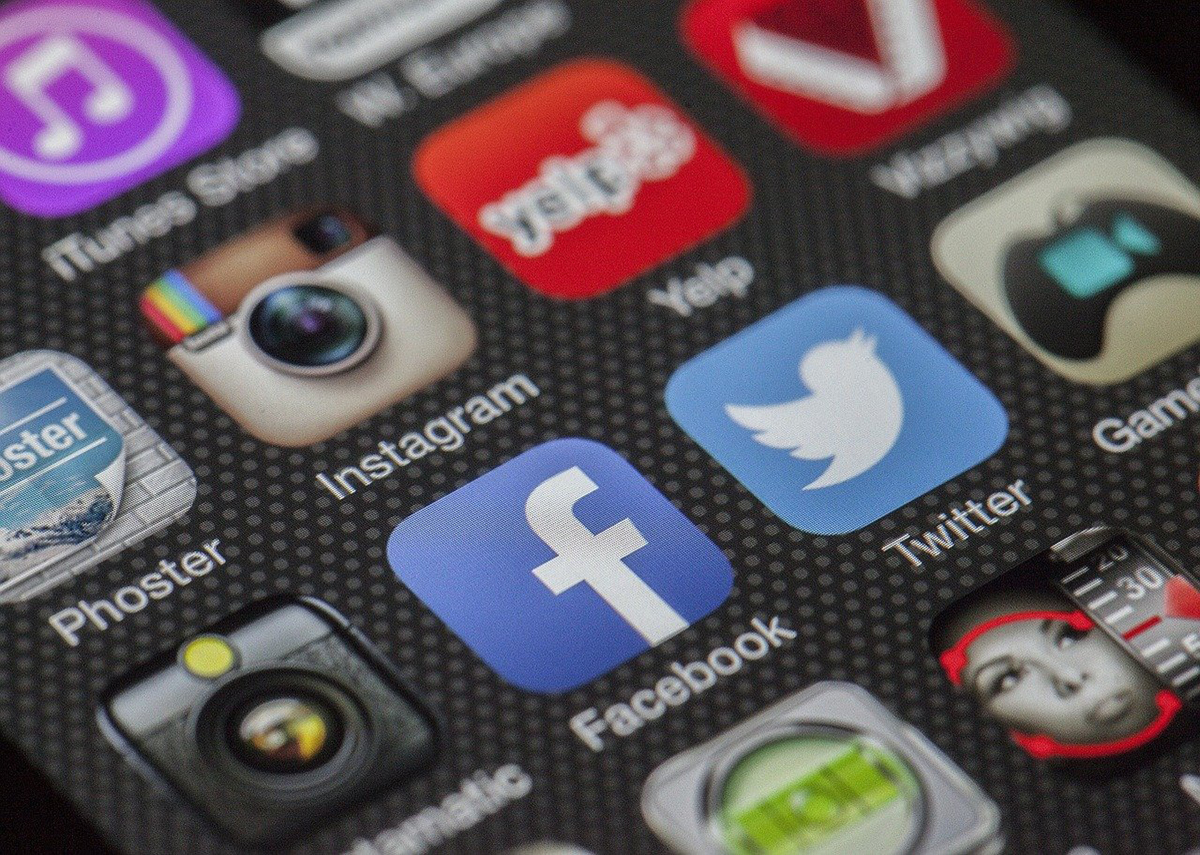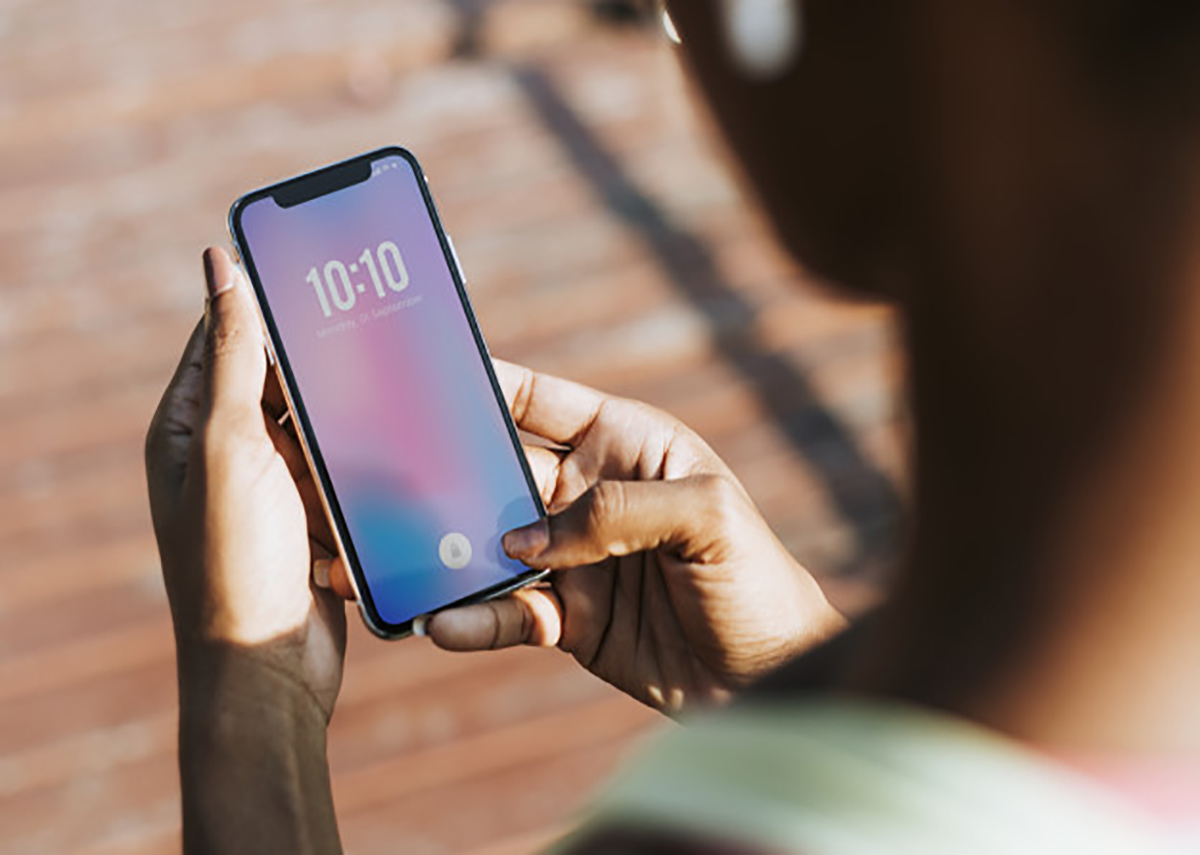Smart Ways to Keep your Mobile Device Safe
Share

Today’s generation is heavily reliant on mobile devices which has opened up numerous ways for cybercriminals to hack a device. If you are not careful, you can easily become a target for malware and cyberattacks. Although mobile devices do not come with a user manual to guide you on how to keep the gadget safe, there are many ways you can boost the security of your smartphone. Below are some simple mobile security tips to ensure that your device is safe from cyberattacks.
Keep the Device Locked
Ensuring that your smartphone is locked with a pattern, passcode, fingerprint, or face recognition is the best way to protect your personal information in case the device gets lost or is stolen. You can choose any of above phone lock measures based on your personal preferences and the device’s capabilities.
When you are enabling the lock screen, you will need to select the idle time before the device gets locked automatically. Make sure to choose the minimum time in the option, so that your smartphone is secured promptly even if you forget to manually lock it. Besides, keeping the idle time minimum will also help save the battery because the screen will turn off quickly.
Set Strong Passwords for Apps
You should always set up a strong password for the apps on your device that is hard to crack. It is also recommended to use different alphanumeric passwords for important apps that contain your personal sensitive information like banking details. This way, even if the hacker decodes one of the passwords, the details in the other apps will still be secure.
This does not apply to personal devices alone, but professional devices as well. The reports from the Verizon Mobile Security Index say that only around 39% of users change the default passwords in enterprises. This puts them at a great risk for cyberattacks. It is also reported that only around 38% of professionals use a secure two-factor authentication on their devices.
Keep the Device Updated
All mobile phone manufacturers release system updates from time to time to improve the overall experience of their users. Likewise, mobile operating systems are also updated with performance and security features. Therefore, keeping the smartphone up to date will not only lead to better user experience but also improve the security of your device.
Generally, mobile operating system updates appear as notifications on your screen and you will need to manually update the phone. Remember that developers include security patches in these updates to protect your phone from newly discovered threats. Therefore, it is vital to keep the device up to date with the latest updates. You can go to the Settings, open About Phone, and tap on System Update or Software Update to see if any new update is available.
Always Use Secure Wi-Fi
Mobile devices allow you to use the internet on the go, and you may be tempted to connect to an open Wi-Fi network when you are in a public place. While this is an amazing way to save cellular data, cybercriminals can easily hack these unsecured Wi-Fi networks and push malware into connected devices. This can lead to many potential risks of data loss.
It is advised to use a VPN to browse safely when using a public Wi-Fi network. This will mask your device’s IP address and protect your location when you are using the internet. It would be even better if you connect to a secure Wi-Fi network. Most of the restaurants and hotels secure their networks using WPA2 encryption. You can ask them for a temporary password to access the network.
Be Careful When Downloading Apps
You should always download apps for your phone via the official app stores. Even when doing so, go through the user reviews and ensure that the app is a genuine one. Cybercriminals create many rogue apps that seem like legit ones but will be full of malware designed to steal personal information. Therefore, check the number of reviews, last released updates, as well as the contact information of the app developer before downloading and installing it on your smartphone.
Never Jailbreak the Device
Rooting or jailbreaking the device refers to unlocking the phone so that you can do anything you want, like install a third-party OS or app on it. However, doing so also removes the security features of the device, which puts your smartphone at a higher risk of being hacked. Besides, many of the third-party apps will be unauthorized and may contain spyware that will open the backdoor for cyber attackers to steal your confidential data.
Encrypt the Data in your Phone
Your device will have a lot of sensitive information, like financial details, email IDs, and contact information. Therefore, you should encrypt the data in your device to protect it from unauthorized access in case your smartphone is lost or gets stolen. This will store the data in an unreadable form so that no one else can access it. Most of the smartphones these days come with encryption options by default, which you can enable by going to the Settings menu.
Install Antivirus
There are many antivirus apps which offer the same level of protection for your mobile device like for your desktop computers and laptops. These antivirus apps will keep your phone protected from all kinds of cyber threats and secure the information stored in the device. Some antivirus programs even come with additional features, such as VPN or real-time protection for app downloads. These features can come in handy against hacking attempts and virus attacks.


